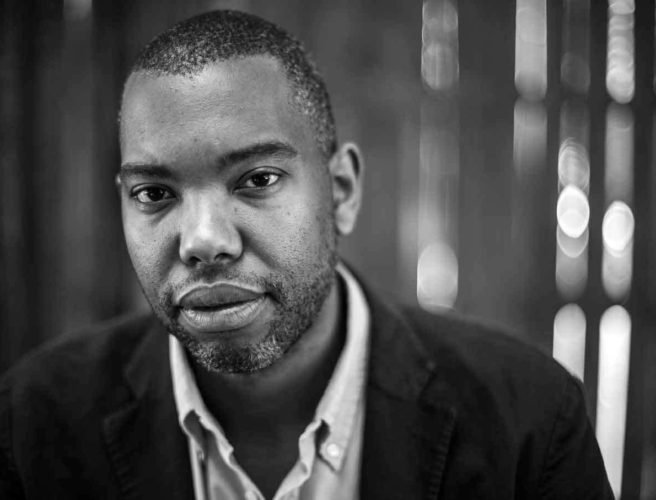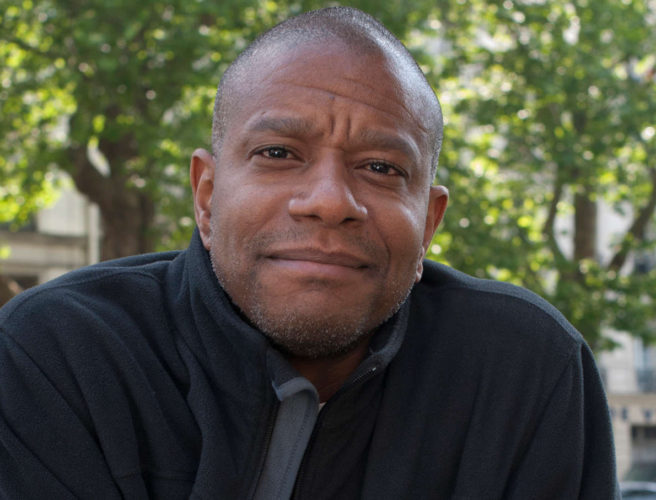When people sometimes ask me whether I consider myself black, I have to tell them that I am, and I remind them that the possibility of the question is itself the answer. To be black in the United States can involve existing in a kind of special interrogative mode, which is like standing in the long shadow of a question mark. This point is not merely an abstract analogy. The “blackness” of skin means what it does in the United States not because of melanin, but rather because of the long shadow of the slave ship and Jim Crow. It is, to borrow James Baldwin’s words, “not a human or a personal reality” but “a political reality,” defined by the decisions and actions that have formed the history of the country we live in. Conversely, when white folks stammer that “white privilege” cannot possibly apply to them, I suggest that their very insistence is one small manifestation of that privilege, namely of not having to question or be questioned, of being able to choose to lead an unexamined life in this country.
Why Does Ta-Nehisi Coates Say Less Than He Knows?


